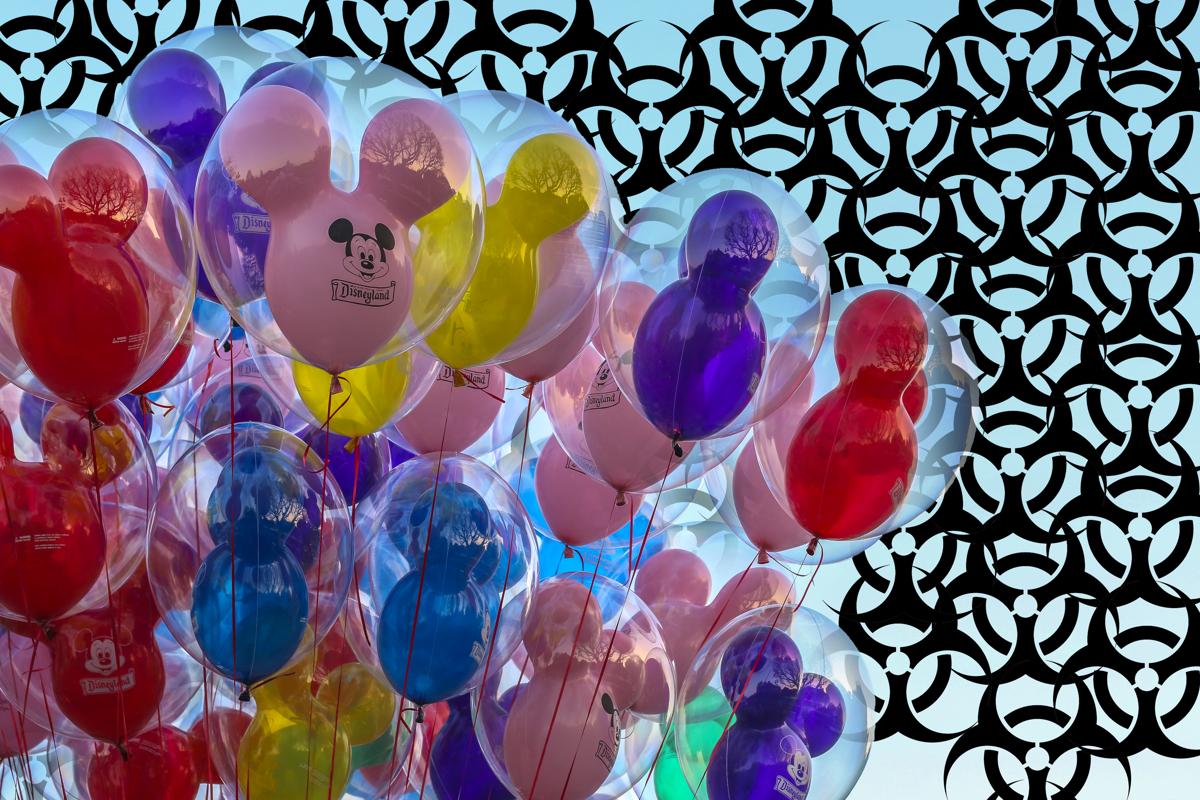Though many students work and visit Disneyland, the recent measles outbreak continues to bypass Biola’s campus.
According to the California Department of Public Health, 110 confirmed cases have come to light in California alone since February 2015. Since most of Biola’s students have received the MMR vaccine that prevents measles, mumps and rubella, there have been no cases of measles on campus, said Kristin Phelps, student health center director.
“There is no requirement in California to be immunized to get into college. Fortunately, most of our students are immunized,” Phelps said.
Measles is a highly infectious airborne disease that can take from 10-12 days after first exposure to take effect. Symptoms of measles include a fever of 104 degrees fahrenheit, loss of appetite and spots in the mouth that may look like grains of salt.
There remain very few parents who do not want their children being immunized due to a false study that came out linking the MMR vaccine to autism, Phelps said.
MAJOR EFFECTS OF THE VACCINE
“There was a [study] that someone did and came out that MMR caused autism…It ended up being fraud and the gentleman did admit to that but when someone comes out and says something can cause autism, that’s what stopped a lot of vaccinations, especially the measles, mumps, rubella one…Even though the guy admitted to fraud and that it was a false research project, if someone says it, people can believe it and it can take decades to undo that,” Phelps said.
If a student on campus contracts measles, the standard procedure requires drawing blood to confirm the disease before contacting the public health department, Phelps said.
“If they lived off campus, then we would have them put a mask on, go off campus and stay off campus until they are not contagious anymore, ” Phelps said.
No antibiotic for measles exists. The most effective treatment involves rest, drinking liquids and taking acetaminophens. Aspirin is not recommended to children younger than 18 since it can cause Reye’s syndrome, Phelps said.
HOW DISNEYLAND RESPONDS TO MEASLES OUTBREAK
Marissa Climer, freshman journalism major and Disneyland employee, said the park requires workers to stay home if ill or go home if they fall ill on the job.
“We get in trouble for that. We get points and we’re only allowed to get a certain amount of points a year,” Climer said.
The Disneyland cleaning employees do a thorough job, Climer said. If a manager comes in and decides the area is not clean enough, employees must clean again.
“Even before the whole measles thing we clean like crazy. We clean and we sanitize everything all the time, all day. And then, when we close, like, I’m serious, they’re cleaning until two in the morning,” Climer said.
Despite the number of measles cases rising in the state of California, many students said they were not worried about visiting Disneyland.
“I’m vaccinated. I’m going today [to Disneyland]. I think that there shouldn’t be one [case of the measles] because people should get vaccinated. It’s not smart to not vaccinate,” said Matthew Benefiel, sophomore engineering physics major.
Some students remain skeptical about returning to the theme park and choose to wait until the measles outbreak is under control. Stephanie Chan, freshman kinesiology major said because of advances in modern technology and medication, the measles outbreak will be under control.
“It makes me a little bit worried. I think I would [go back] but maybe after the officials have confirmed that the measles don’t exist at Disneyland anymore,” Chan said.







